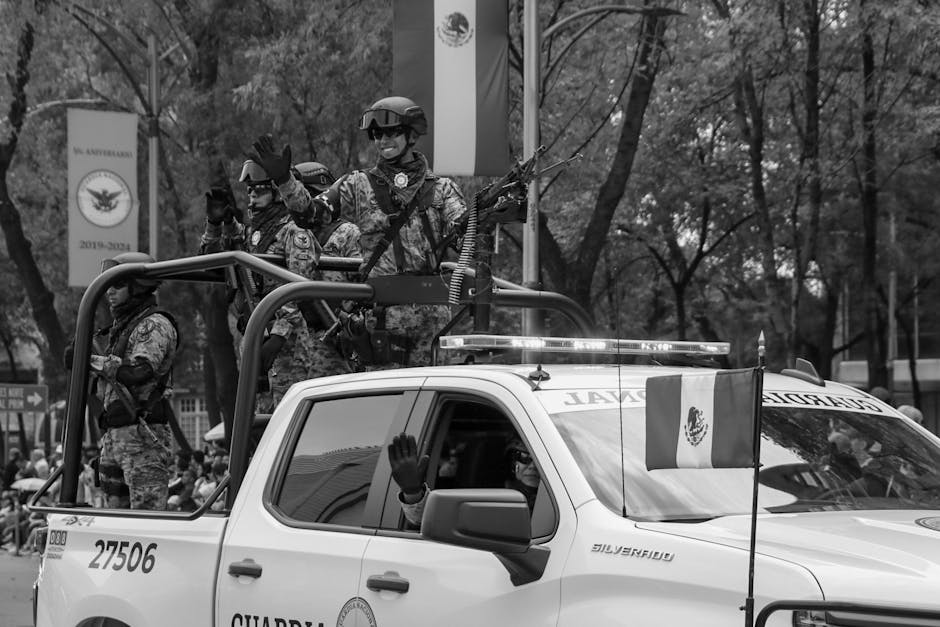
How Polygraph Testing Enhances National Security
In a world where national security is paramount, the role of polygraph testing cannot be underestimated. As a tool for verifying truthfulness, polygraph tests have a significant impact on various sectors, including intelligence, law enforcement, and even corporate security. This blog post explores how polygraph testing enhances national security, providing a comprehensive look at its applications, effectiveness, and future potential.
Understanding Polygraph Testing
Polygraph testing, commonly known as lie detector testing, measures physiological responses—such as heart rate, blood pressure, respiratory rate, and skin conductivity—while a person answers a series of questions. The premise is that deceptive answers will produce physiological responses that can be distinguished from those associated with truthful answers.
The Science Behind Polygraphs
The polygraph instrument records multiple channels of data to create a comprehensive picture of the test subject’s physiological state. While the accuracy of polygraph tests can vary, studies show an accuracy rate of approximately 85-95%. This range is significant enough to make polygraphs a valuable tool in security protocols.
Applications of Polygraph Testing in National Security
Polygraph testing is applied in numerous facets of national security. Here, we delve into some of the most critical areas where polygraphs play a role in maintaining safety and integrity.
Intelligence and Counterintelligence
One of the primary uses of polygraph testing is in intelligence and counterintelligence operations. Agencies like the CIA, FBI, and NSA utilize polygraphs during the hiring process and for periodic security screenings. This ensures that individuals with access to sensitive information are trustworthy and not compromised by foreign entities.
Law Enforcement
Polygraph tests are widely used in law enforcement for criminal investigations and pre-employment screenings. For instance, a 2016 study indicated that approximately 70% of law enforcement agencies in the United States use polygraph testing as part of their vetting process.
Corporate Security
In the corporate world, companies dealing with sensitive data or high-stakes financial transactions often employ polygraph testing. This is especially common in industries like banking, pharmaceuticals, and defense contracting, where the risk of insider threats is high.
The Effectiveness of Polygraph Testing
The effectiveness of polygraph testing in enhancing national security can be measured in various ways—through deterrence, detection, and psychological impact.
Deterrence
The mere knowledge that polygraph testing is part of the security protocol can act as a deterrent against potential wrongdoers. Knowing that their lies could be detected, individuals may be less likely to engage in deceitful activities.
Detection
Polygraph tests have been instrumental in detecting lies that traditional investigative methods might miss. For example, during the Cold War, polygraph tests helped identify double agents and spies, thereby thwarting numerous espionage attempts.
Psychological Impact
The psychological impact of polygraph testing cannot be overstated. The anxiety of being subjected to a polygraph test can often compel individuals to confess or provide truthful information that they might otherwise withhold.
Case Studies: Polygraph Testing in Action
To understand the real-world impact of polygraph testing, let’s look at some compelling case studies.
The Aldrich Ames Case
Aldrich Ames, a former CIA officer, was arrested in 1994 for espionage. Although he initially passed a polygraph test, subsequent tests indicated deception. This led to a deeper investigation, ultimately revealing his role as a spy for the Soviet Union and later Russia.
The Gary Ridgway Case
Gary Ridgway, known as the Green River Killer, was subjected to multiple polygraph tests during the investigation. While the polygraphs were not solely responsible for his capture, they played a crucial role in narrowing down suspects and guiding the investigation.
Tips for Effective Polygraph Testing
For organizations looking to implement polygraph testing as part of their security protocols, here are some actionable tips:
Use Qualified Examiners
Ensure that the polygraph examiners are certified and have extensive experience. The accuracy of the test greatly depends on the skill of the examiner.
Implement Regular Screenings
Periodic polygraph screenings can help maintain a high level of security. Regular testing can deter potential wrongdoers and ensure ongoing compliance with security protocols.
Combine with Other Security Measures
While polygraph tests are effective, they should be part of a broader security strategy that includes background checks, psychological evaluations, and continuous monitoring.
The Future of Polygraph Testing
The future of polygraph testing is promising, with advancements in technology and methodology continually improving its accuracy and applicability.
Artificial Intelligence and Machine Learning
Integrating AI and machine learning algorithms can enhance the accuracy of polygraph tests. These technologies can analyze physiological data more precisely, reducing the margin of error.
Remote Polygraph Testing
The advent of remote polygraph testing could revolutionize the field. This would allow for real-time lie detection without the need for physical presence, making it easier to conduct tests in various locations.
Enhanced Data Analytics
Advanced data analytics can provide deeper insights into the physiological responses recorded during polygraph tests. This can help in identifying patterns and improving the overall reliability of the tests.
Conclusion
Polygraph testing remains a crucial component of national security strategies. Its applications in intelligence, law enforcement, and corporate security demonstrate its versatility and effectiveness. While not infallible, polygraph tests provide a valuable layer of security that can deter, detect, and psychologically influence individuals. As technology continues to evolve, the future of polygraph testing holds even greater promise, enhancing its accuracy and broadening its applicability. For organizations committed to maintaining high security standards, incorporating polygraph testing into their protocols is not just an option; it’s a necessity.
